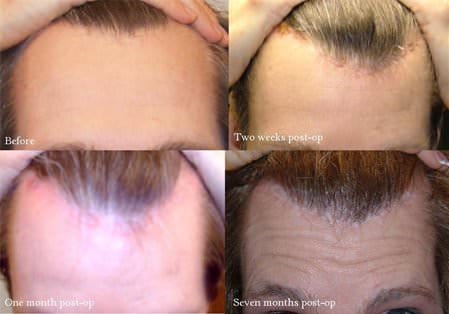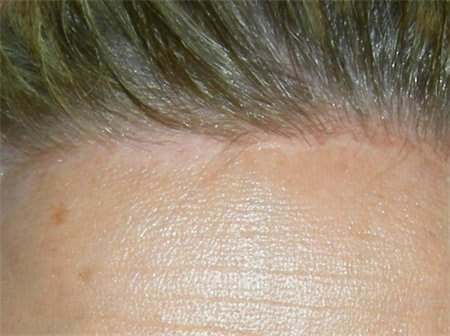Recovery following FFS can be grueling and uncomfortable–especially in the first few days after surgery. Your face will be a rainbow of colors during the first week after surgery! However, at one week “post-op” patients are feeling surprisingly well!
Each patient’s recovery is different base on the procedures performed. While you may have some bruising and swelling, your doctor will review the timeline for improvement which is typically quite quick. Ace bandages are wrapped around the face to help minimize swelling and should be kept on most of the time for one week. Dr. Spiegel and his team are always available to answer questions and reassure you. You will need someone to go home from surgery with, but if you don’t have a person in mind we can help arrange a qualified assistant.
Once you have returned to your hotel or nearby home we encourage you to rest and relax as much as possible. Any bruising or swelling you experience will peak 2-3 days after surgery; icing the surgical areas as much as possible following surgery will help reduce this bruising and swelling. An antibiotic, pain medication and mouthwash (if applicable) are prescribed to keep you as comfortable as possible. Most patients use their pain medication for 4-6 days after surgery and then switch to Extra-Strength Tylenol which does the trick. Once a day incisions should be cleaned with water, a gentle cleanser and a tiny amount of hydrogen peroxide. Then, an antibacterial ointment is put on the incisions, covered with gauze and the head is rewrapped with the ace bandage(s).
Many surgeries require only oral incisions which require little maintenance other than a mouthwash used a few times a day. Rhinoplasty patients will have a splint placed on their nose to stabilize the changes. This is removed after one week. Dr. Spiegel does not “pack” the nose following surgery. Mandible (jaw and chin) work, cheek augmentation, and facelifts tend to cause the most swelling following surgery. This improves greatly over the first week but will take several weeks or even months to fully dissipate. Tightness and lumpiness around the forehead and eyes is common and simply takes time to settle. After one week gentle massaging can be applied to any lumpy areas to help address this problem.





